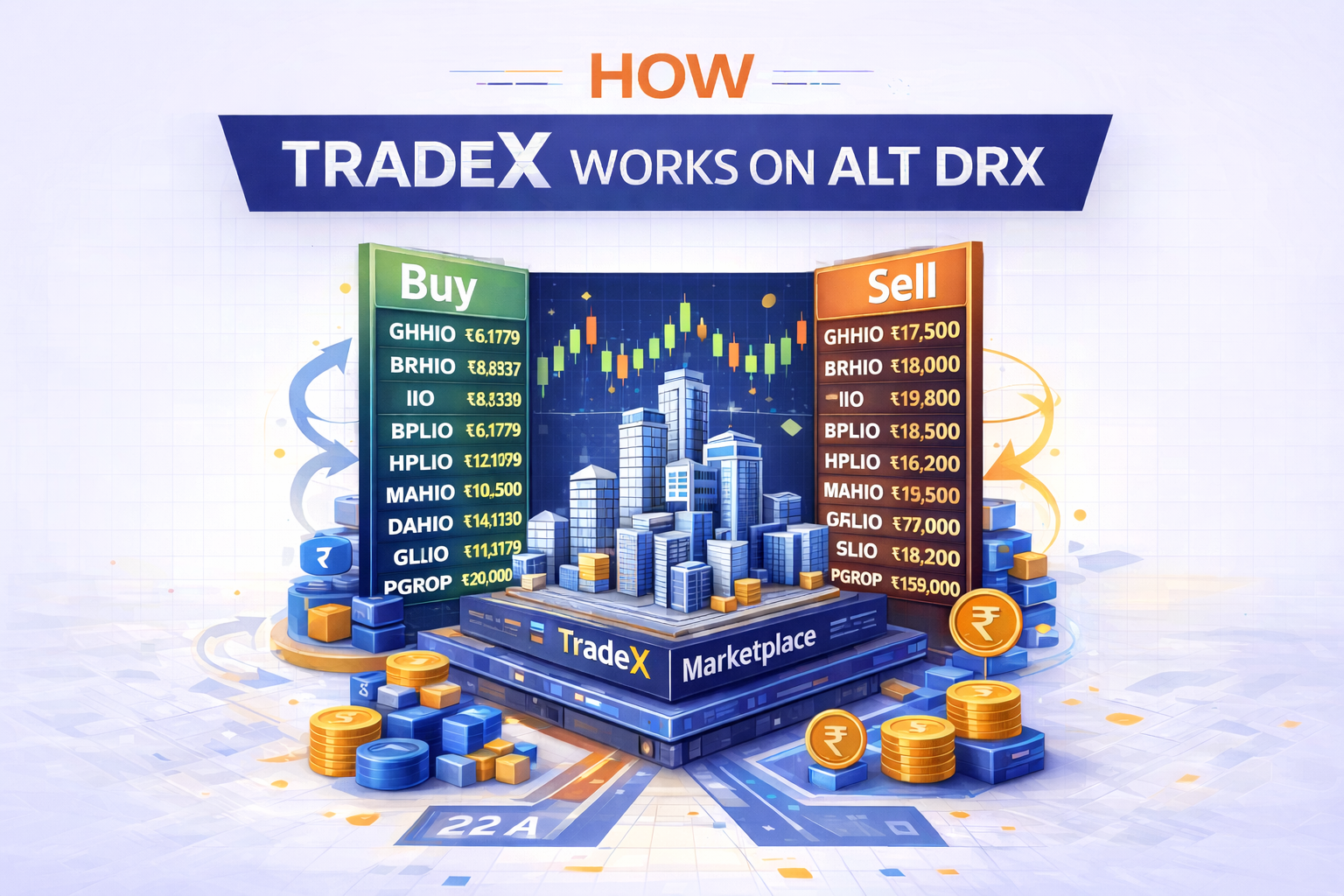Mutual funds have long served as a cornerstone of retail investment portfolios, offering professional management and diversification benefits. These investment vehicles pool money from multiple investors to purchase a diversified portfolio of stocks, bonds, or other securities. While mutual funds provide certain advantages, they also come with limitations such as high expense ratios, lack of investment control, and potential tax inefficiencies. These constraints have led investors to explore alternative investment options that might better align with their financial goals.
Importance of Exploring Investment Alternatives
Diversification beyond mutual funds has become increasingly crucial in today’s dynamic investment landscape. Different investment vehicles offer varying advantages in terms of returns, risk management, and control over investment decisions. The emergence of innovative investment platforms and technologies has made previously inaccessible investment options more available to retail investors. This democratization of investment opportunities allows investors to build more personalized and potentially more profitable portfolios.
Best Alternatives to Mutual Fund Investing
Fractional Real Estate Investing
Fractional real estate investing represents one of the most innovative alternatives to mutual funds. Platforms like Alt DRX have revolutionized real estate investment by enabling investors to own premium properties starting from just ₹10,000. This modern approach allows investors to participate in high-value real estate opportunities in prime locations across Mumbai, Bangalore, and Hyderabad. The investment is calculated on a per-square-foot basis, providing transparent ownership and regular rental income streams. Professional property management ensures hassle-free ownership while maintaining the potential for capital appreciation.
Direct Equity Investing
Direct equity investing gives investors complete control over their stock portfolio composition. Unlike mutual funds, investors can select specific companies based on their research and conviction, potentially achieving higher returns while saving on management fees. Modern trading platforms have made stock market participation more accessible, though this approach requires significant market knowledge and active portfolio management.
Exchange-Traded Funds (ETFs)
Exchange-Traded Funds combine the diversification benefits of mutual funds with the trading flexibility of stocks. These instruments typically offer lower expense ratios than mutual funds and provide intraday trading capabilities. ETFs tracking various indices, sectors, or themes allow investors to implement precise investment strategies while maintaining cost efficiency.
Real Estate Investment
Traditional real estate investment involves directly purchasing and managing properties. While this approach requires substantial capital and active management, it offers complete control over property selection and management decisions. Real estate can provide both regular rental income and long-term capital appreciation, though it requires significant expertise and hands-on involvement.
Real Estate Investment Trusts (REITs)
REITs offer exposure to commercial real estate through stock exchange-listed securities. These instruments provide regular income through rental yields while offering stock market liquidity. REITs typically focus on specific property sectors, allowing investors to target particular real estate segments while maintaining professional management.
Peer-to-Peer (P2P) Lending
P2P lending platforms enable direct lending to borrowers through regulated marketplaces. This alternative offers potentially higher returns than traditional fixed-income investments, with interest rates typically ranging from 12-18% annually. Regular monthly payments provide steady income streams, though careful risk assessment is essential.
Bonds and Bond Funds
Direct bond investments offer fixed income without the ongoing expenses of mutual funds. Government bonds provide sovereign guarantee, while corporate bonds offer higher yields with corresponding credit risk. Bond investments can be structured to create regular income streams while preserving capital.
Commodities
Commodity investments provide portfolio diversification and inflation protection. Investors can participate through physical ownership, futures contracts, or commodity-focused ETFs. These investments often show low correlation with traditional financial assets, though they can experience significant price volatility.
Private Equity and Venture Capital
Private equity investments offer opportunities to participate in company growth before public listings. While traditionally reserved for institutional investors, newer platforms have made private equity more accessible to individual investors. These investments typically require longer holding periods but can offer substantial returns.
Cryptocurrencies
Cryptocurrency investments represent a modern alternative asset class offering potential for high returns. While highly volatile and still evolving, cryptocurrencies provide portfolio diversification and exposure to blockchain technology development. Investment options range from direct cryptocurrency ownership to crypto-focused investment products.
Factors to Consider Before Choosing Alternatives
Several key factors warrant consideration when selecting mutual fund alternatives. Investment objectives, risk tolerance, and time horizon should align with the chosen investment vehicle. Liquidity requirements need careful evaluation, as some alternatives may have longer lock-in periods or limited secondary market trading. Cost considerations include not just direct fees but also indirect expenses like property maintenance for real estate investments.
The level of expertise required varies significantly among alternatives. While some options like fractional real estate platforms provide professional management, others like direct equity investing demand substantial market knowledge. Investment size requirements also differ, with modern platforms like Alt DRX making premium investments accessible with smaller amounts.
Tax implications vary across investment alternatives and should factor into investment decisions. Some alternatives offer tax advantages, while others might have more complex tax treatment than mutual funds. Regular income generation potential and capital appreciation prospects should align with investor requirements.
Conclusion
The investment landscape beyond mutual funds offers diverse opportunities for portfolio enhancement. Fractional real estate investing through platforms like Alt DRX stands out as a particularly attractive alternative, combining the benefits of real estate investment with lower entry barriers and professional management. This innovative approach allows investors to participate in premium real estate opportunities while maintaining liquidity and transparency.
For investors seeking alternatives to mutual funds, Alt DRX provides a compelling solution by enabling ownership in high-quality properties across major metropolitan areas. The platform’s professional management, transparent ownership structure, and regular income distribution make it an excellent choice for those looking to diversify beyond traditional mutual fund investments. Whether choosing fractional real estate or other alternatives, careful consideration of individual investment goals, risk tolerance, and resource requirements remains essential for investment success.






